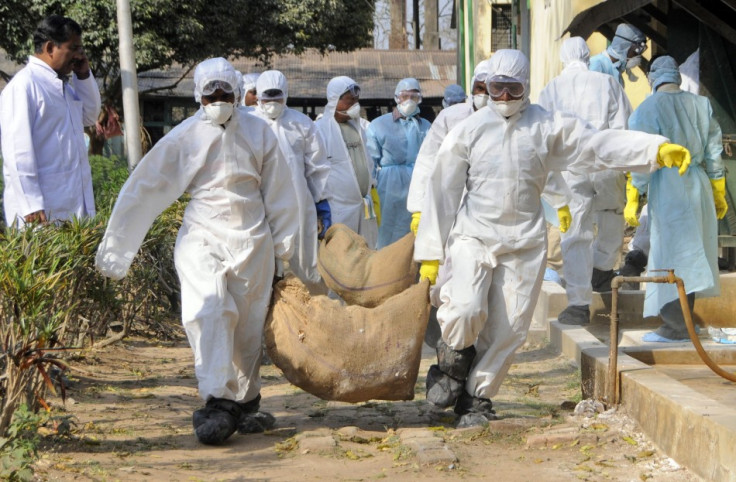Biosecurity Experts Back down on Mutant H5N1 Bird Flu Strain Studies

A panel of US biosecurity experts has withdrawn its objection to controversial mutant bird flu studies being published after one of the authors explained the virus was "much less lethal" than previously feared.
The National Science Advisory Board for Biosecurity (NSABB) originally did not want the two papers to be published due to concerns that the details were too dangerous to publish.
The academic studies, written by Prof Ron Fouchier, of the Erasmus Medical Centre in Rotterdam, and Dr Yoshihiro Kawaoka, of the University of Wisconsin, showed a mutated strain of the H5N1 avian flu virus could be easily transmitted between ferrets through air, rather than physical contact with those already infected.
The NSABB advised the US government that the papers should only be published if they were heavily edited to remove key details, in case the information was to be used as a biological weapon of mass destruction.
A scientific advisor to the US government was quoted in the Independent last year as saying: "The worst-case scenario here is worse than anything you can imagine."
Fouchier explained the revised version of his study addressed these fears and the mutant virus is "much less lethal" than the NSABB previously believed.
Fouchier said the revised paper includes new information that should have featured in the original.
The new paper now clarifies that none of the ferrets which received the H5N1 in aerosol form had died - a fact that was not explicitly clear in the original.
Fouchier said: "We have made it clear that the virus is much less lethal than had initially been thought by the NSABB.
"We have also added data on how we did this work safely and explained better the benefits of the research with respect to pandemic preparation."
The NSABB said in a statement: "The data described in the revised manuscripts do not appear to provide information that would immediately enable misuse of the research in ways that would endanger public health or national security."
The two papers are now set to be published in full by the journals Science and Nature.
© Copyright IBTimes 2025. All rights reserved.




















